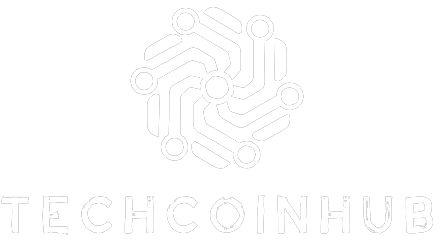The Impact of Artificial Intelligence on the Future of Work: Transforming Industries and Job Opportunities
Artificial Intelligence (AI) has rapidly evolved over the past decade, revolutionizing various aspects of our lives. One significant area that is being profoundly affected by AI is the future of work. With its ability to process vast amounts of data, learn from patterns, and perform complex tasks, AI is transforming industries and creating new job opportunities.
1. Automation and Job Displacement
One of the key impacts of AI on the future of work is automation. AI-based technologies, such as robotic process automation (RPA) and machine learning algorithms, are increasingly replacing repetitive, routine tasks previously performed by humans. This automation has caused concerns about job displacement in certain sectors.
However, while some jobs may be automated, AI also creates new opportunities by augmenting human capabilities. It frees up time and resources, allowing humans to focus on more creative and strategic tasks that require human ingenuity and decision-making skills.
2. Skill Shift and Reskilling
Although AI is automating certain job roles, it also necessitates a skill shift in the workforce. Jobs that require complex problem-solving, critical thinking, emotional intelligence, and creativity are becoming increasingly valuable in an AI-driven economy. Therefore, individuals need to develop and enhance these skills to remain relevant in the job market.
As AI matures, there will be a growing need for employees to adapt and learn new technologies. Upskilling and reskilling programs become essential to ensure that employees can leverage AI technologies effectively, collaborate with AI systems, and use them as tools to improve productivity rather than as a replacement.
3. AI Enhancement and New Job Opportunities
While AI is automating some tasks, it is also enhancing various job roles and creating new opportunities. AI algorithms can process and analyze massive amounts of data, enabling more accurate predictions, faster decision-making, and personalized experiences for customers.
Industries like healthcare, finance, cybersecurity, transportation, and manufacturing are witnessing significant transformations due to AI. Job opportunities are arising in areas such as data science, machine learning engineering, AI ethics, and human-machine collaboration. Additionally, new roles are emerging to develop and manage AI systems and algorithms, ensuring transparency, fairness, and ethical use.
Conclusion
Artificial intelligence is undoubtedly changing the future of work. While automation may lead to job displacement in some areas, it also creates new opportunities for skill-shifting and reskilling. Rather than being a threat, AI can be an indispensable tool that enhances human capability, allowing us to focus on tasks that require uniquely human skills. The key lies in effectively adapting to this technological revolution by continuous learning and proactive career growth strategies.

